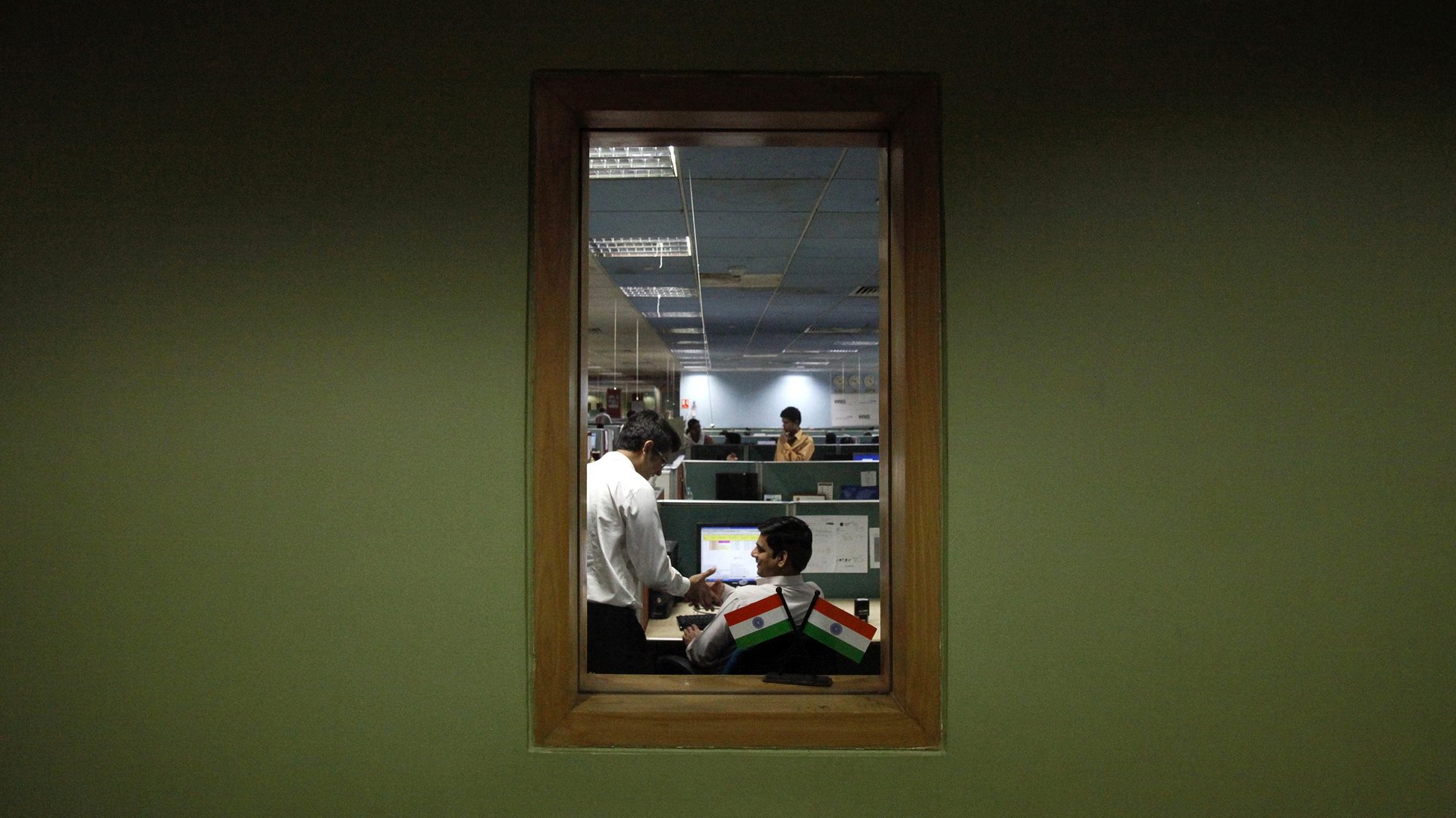This decade will see the world shed the fear of losing jobs to bots
The last decade witnessed the technology landscape change rapidly. As humans kept pace, it also birthed the need for extensive reskilling.


The last decade witnessed the technology landscape change rapidly. As humans kept pace, it also birthed the need for extensive reskilling.
The next decade will be about the democratisation of technology when it’s far more accessible (even to the under-privileged), immersive, personalised, and affordable.
Reduced turnaround times, increased outreach and pinpointed go-to-market strategies will unlock a whole new world of opportunities.
Importantly, this decade will allay the fear of job losses that dominated political capital all across the world. That bots can augment human productivity, is increasingly gaining currency.
Right now, artificial intelligence (AI) looks to be the dominant force-multiplier and it is estimated that a $15 trillion market opportunity will unfold (rapidly) in the next decade. Clearly, nations and private entities alike which populate this space will lead.
AI, of course, will not work in isolation but the combinatorial power of deep tech—the likes of internet of things, cloud, big data, etc.—will help mankind pivot to the next orbit.
Talent
This is the most critical change agent.
Perhaps, it comes as no surprise, that a whopping 70% of digital transformation exercises don’t yield the desired results. Towards ensuring talent preparedness, a NASSCOM study has identified 10 emerging technologies that have led to over 70 job
Beyond hard skills, humans will need to be high on learnability and collaboration. In the next decade, a team’s performance will find greater appeal than individual brilliance.
Employers have finally realised that reskilling is mandatory for survival and are investing in training to ensure their human resources are future-ready. To give you a sense-check, NASSCOM’s FutureSkills platform—an upskilling initiative—has 200,000 registered users from 100-odd companies.
In the digital era, with almost non-existent entry barriers, the point of differentiation will critically determine success. .
India with a median age of 29, is a remarkably young nation. We have it in us to be the hub for digital talent. Our pipeline (2.4 million STEM graduates annually) is robust but the industry, academia, and the government need to work closely to ensure that there are no disconnects and the capabilities gathered, stay relevant.
Trust
While data dominates the digital economy, it’s also the tricky part. How do we ensure that data is not misused and the privacy of the principal is not compromised? We’ve seen privacy breaches leading to multi-billion dollar lawsuits causing irredeemable damage to reputation.
The ethical dilemma in technology is no less thought-provoking. While we need a regulated environment but we also require adequate legroom for innovation.
We may be looking at a dichotomy, here. The transformational tools and techniques that we keep referring too are also available on the dark web. As technology becomes ubiquitous to the extent that we are unmindful of it (like electricity) newer sets of challenges will try to knock us down. Progress will only be made if we do not succumb.
These paradigms need greater focus.
Towards this, our flagship event, the NASSCOM Technology and Leadership Forum is themed on “Technology in the Twenties: the melting pot of disruptive ideas.”
This decade will be about supersonic speed, both in terms of tech proliferation and the speed of trust.
In a sharing economy, we have to finally answer how the benefits can be transmitted more equitably. We must ensure that we are able to lift many more millions of people out of poverty than we did in the last decade. And, we leave a cleaner planet in its wake.
This is part of a series of articles in partnership with the NASSCOM Technology and Leadership Forum 2020, to be held in Mumbai from Feb. 12-14.